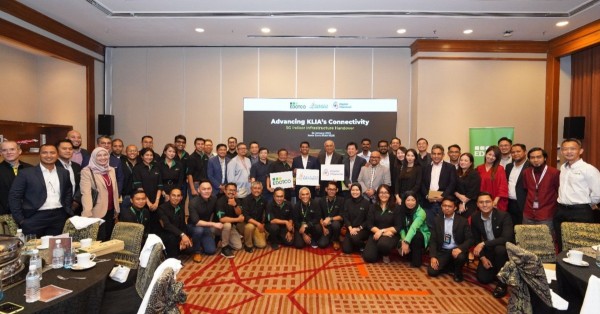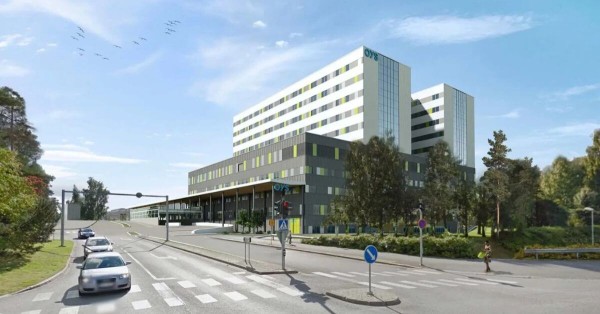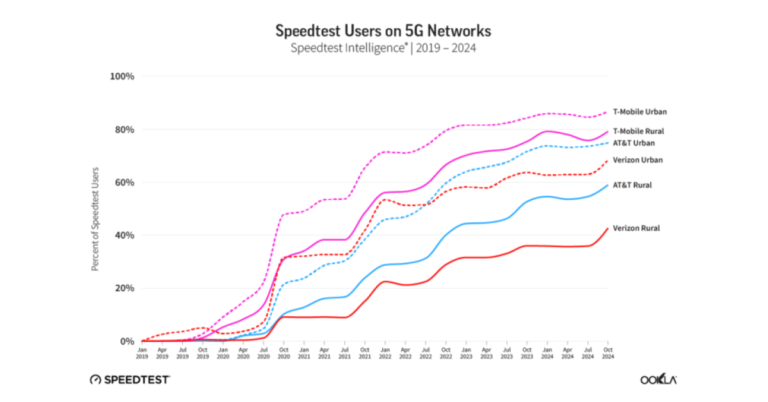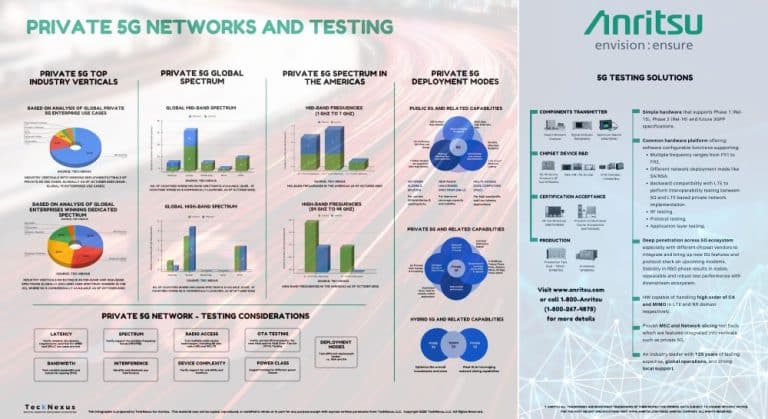Airport operator Fraport and NTT Ltd., a leading global IT service provider, are building Europe’s largest private 5G campus network at Frankfurt Airport (FRA). With the conclusion of their partnership agreement for this research and cooperation project, the two companies are making an important contribution to further advancing the digital transformation at Germany’s most important aviation hub. Fraport was granted the license for the 5G network by the German Federal Network Agency as the responsible government authority.
Fraport’s CIO, Dr. Wolfgang Standhaft, explained: “Operating a standalone mobile network is a milestone for us as an airport operator. We are laying the strategic foundations that will help us make airport operations even more efficient in the future thanks to innovation and digitalization. With NTT, we have a strong and experienced partner with whom we will trial the new technology and develop use cases.”
Kai Grunwitz, Country Managing Director for Germany at NTT Ltd said: “We are delighted to be realizing this groundbreaking project together with Fraport and contributing our expertise in the establishment of secure digital infrastructures. 5G is undoubtedly one of the most important technologies, if not the most important, when it comes to enabling innovative digitalization projects with the highest standards of speed and reliability. Building on our expertise in data networking, connectivity and security, NTT intends to play a pioneering role in establishing these networks. Frankfurt Airport is the driving force and economic engine for the entire Rhine-Main region and beyond. With the 5G campus network solution, we are jointly creating a new central nervous system of connectivity. This will form the basis for our work on efficient solutions and trailblazing use cases for the future.”
The private 5G network gives Fraport an environment in which it can control data and voice communication autonomously. Thanks to the network’s high bandwidth and low latency, Fraport will be able to accelerate innovative projects, such as autonomous driving on the apron. The 5G network also enables real-time data transfer. This may be necessary for future applications such as video-based monitoring of airport facilities via robots or drones.
Standhaft emphasized: “In addition to speeding up work processes at Fraport, the new network will benefit numerous other companies operating at Frankfurt Airport. That is why we are greatly looking forward to offering our partners at FRA such a future-oriented and reliable solution.”
The awarded 5G license and the strategic partnership with NTT Ltd. were essential pre-requisites for Fraport to launch the private 5G campus network at Frankfurt Airport. Work on building the 5G network infrastructure at FRA is expected to begin in the third quarter of 2022. The two project partners will start testing the new technology in a selected area of the airport. At the same time, they will evaluate the first use cases in the areas of automation, robotics, sensors, localization, and communication.
From 2023 onward, the network infrastructure will be gradually expanded across the entire airport premises covering more than 20 square kilometers. Fraport’s other partner companies at Frankfurt Airport will then also be able to obtain access to the 5G campus network.






















